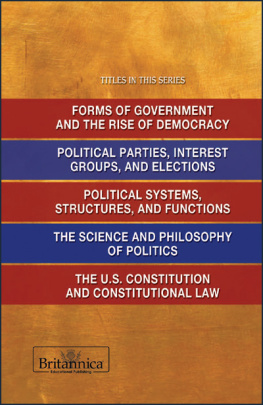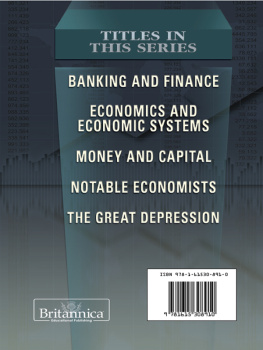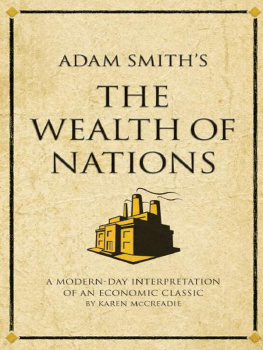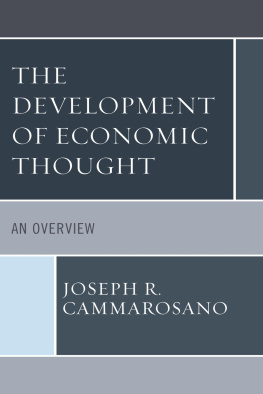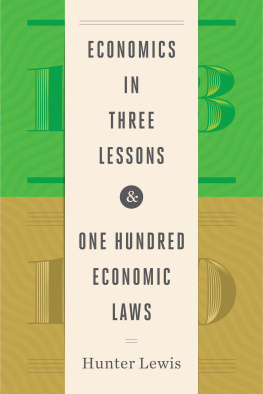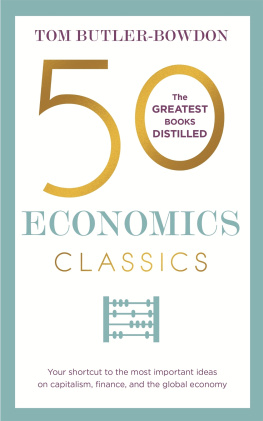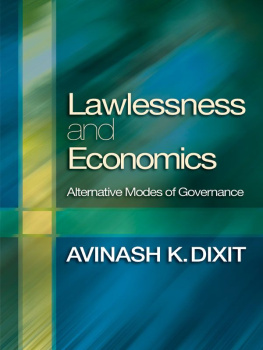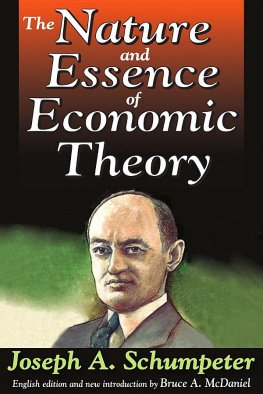

Published in 2013 by Britannica Educational Publishing
(a trademark of Encyclopdia Britannica, Inc.)
in association with Rosen Educational Services, LLC
29 East 21st Street, New York, NY 10010.
Copyright 2013 Encyclopdia Britannica, Inc. Britannica, Encyclopdia Britannica, and the Thistle logo are registered trademarks of Encyclopdia Britannica, Inc. All rights reserved.
Rosen Educational Services materials copyright 2013 Rosen Educational Services, LLC. All rights reserved.
Distributed exclusively by Rosen Educational Services.
For a listing of additional Britannica Educational Publishing titles, call toll free (800) 237-9932.
First Edition
Britannica Educational Publishing
J.E. Luebering: Senior Manager
Adam Augustyn: Assistant Manager
Marilyn L. Barton: Senior Coordinator, Production Control
Steven Bosco: Director, Editorial Technologies
Lisa S. Braucher: Senior Producer and Data Editor
Yvette Charboneau: Senior Copy Editor
Kathy Nakamura: Manager, Media Acquisition
Brian Duignan, Senior Editor, Religion and Philosophy
Rosen Educational Services
Nicholas Croce: Editor
Nelson S: Art Director
Cindy Reiman: Photography Manager
Marty Levick: Photo Researcher
Brian Garvey: Designer, Cover Design
Introduction by John Strazzabosco
Library of Congress Cataloging-in-Publication Data
Economics and economic systems/edited by Brian Duignan.1st ed.
p. cm.(Economics: taking the mystery out of money)
In association with Britannica Educational Publishing, Rosen Educational Services.
Includes bibliographical references and index.
ISBN 978-1-61530-896-5 (eBook)
1. Economics. I. Duignan, Brian.
HB171.E2486 2013
330dc23
2012022528
On the cover: A stock chart. iStockphoto.com/Danil Melekhin
Cover (background), pp. i, iii, 1, 6, 24, 41, 64, 78, 93, 103, 114 zphoto/Shutterstock.com
P eople have tried to define economics for centuries, but its proven to be an elusive concept. Despite the difficulty in defining it, experts have long agreed that economics deals with certain basic premises. Economics is the social science concerned primarily with the study and explanation of the production, distribution, and consumption of goods and services.
Economics as we know it has its roots in the eighteenth century. In 1776, Scottish philosopher Adam Smith published An Inquiry into the Nature and Causes of the Wealth of Nations. Smiths book is about economic growth and the policies that can encourage or deter it. Smith recommended economic policies that would promote competition among private businesses. His ideas formed the foundation of classical political economy.
Englishman David Ricardo published Principles of Political Economy and Taxation in 1817, in which he introduced the concept of the economic model. Ricardos theories centred on the idea that economic growth will eventually be obstructed by the rising cost of cultivating food on limited land.
German philosopher Karl Marx is often considered the last of the classical economists. Marxian economics posits that value and profits are a result of human labour alone. This idea was often used to criticize the class divisions that arise from capitalism.
In the late 1800s, economists from Austria, England, and France initiated a revolution in economic thinking. These economists became known as marginalists. This name comes from their marginal utility theory of value, which attempted to explain prices on the basis of the behaviour of consumers in choosing among increments of goods and services.
Modern economics continued to evolve during the 20th century. One of the greatest contributions came from English economist John Maynard Keynes. Today Keynes is considered one of the founders of macroeconomics, the branch of economics that is concerned with national or regional economies as a whole.
Statue of Adam Smith, Edinburgh, Scotland. Jason Friend/Radius Images/Getty Images
Economists often distinguish between positive economics and normative economics. The former strives to describe and explain the facts of an economy without making value judgments. The latter, on the other hand, expresses judgments about the desirability of different economic policies.
Economic theories begin as theoretical models, which are simplified descriptions of patterns of real-world economic activity. By manipulating a model, economists can make predictions and compare their findings to the real world. Their predictions, however, are at best probable or likely and never certain. Its difficult to test economic theories. The theories can never be proven to be true, but they can be proven false by new data. Economists can predict the effects of specific changes in the economy. However, theyre better at forecasting the direction of events, rather than the size of the outcome.
There are two main branches of economic theory. As previously stated, macroeconomics is the study of national economies as a whole. Microeconomics addresses the economy as if it were made up of businesses and households only. The aim of microeconomics is to say something meaningful about the forces that influence supply and demand.
There are numerous fields within contemporary economics. Money has been one of the main fields in economics for hundreds of years. In the 19th century, the quantity theory of money grew in importance. This theory states that inflation or deflation can be controlled by changing the quantity of money in circulation. Keynes challenged this traditional theory in the 1930s, arguing that changes in government budgetary and tax policies are more effective. Since then, Keynesian economics and the quantity theory of money have each experienced revivals.
Development economics is recognized as one of the three main subfields of economics, along with microeconomics and macroeconomics. This field seeks to explain changes in economic systems over time. Researchers in the highly technical field of economic growth create economic modelsto study the processes through which a nations wealth increases.
International economics seeks to understand the flow of goods and services between nations. It also deals with the effects of changes to the exchange rate of a currency. The field of labour economics is concerned with the labour force as an element in the process of production. Other fields include public finance, industrial organization, agriculture, law and economics, information economics, and financial economics.
It might seem like numerous economic systems must exist given the many cultures that have existed throughout history, one might think that numerous economic systems must exist now. In fact, however, there are only three types of economic system: those based on the principle of tradition, those organized according to command, and market economies. Each form focuses on the economic problem of production and distribution.
Primitive economies developed around the principle of tradition. This type of system still exists today in some cultures, such as the Bedouin peoples of the Middle Eastern deserts. Characteristics of a traditional economy may include hunting and gathering, migration due to climate, and slash-and-burn agriculture.








